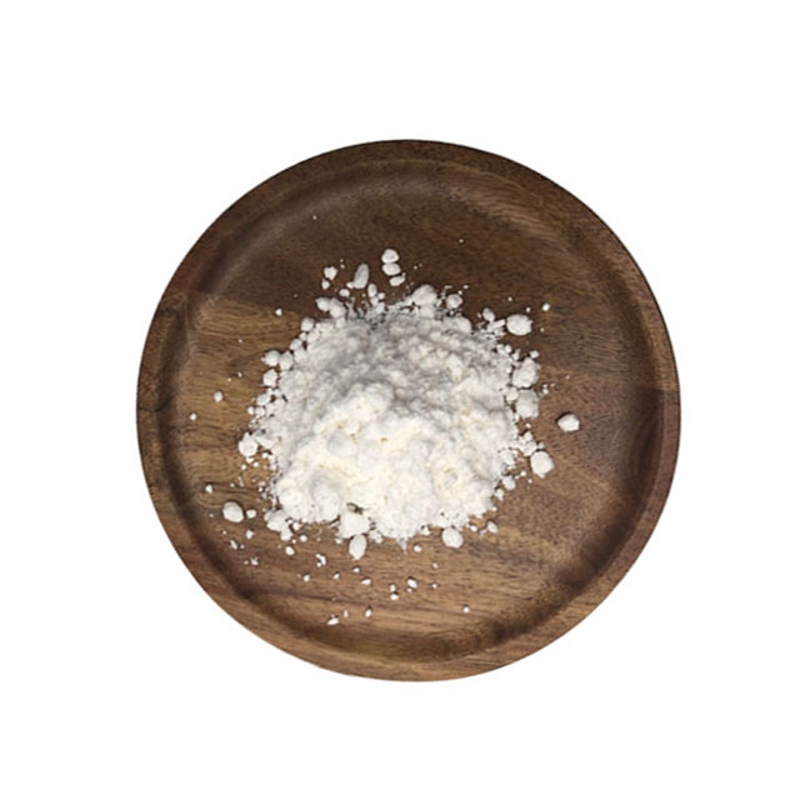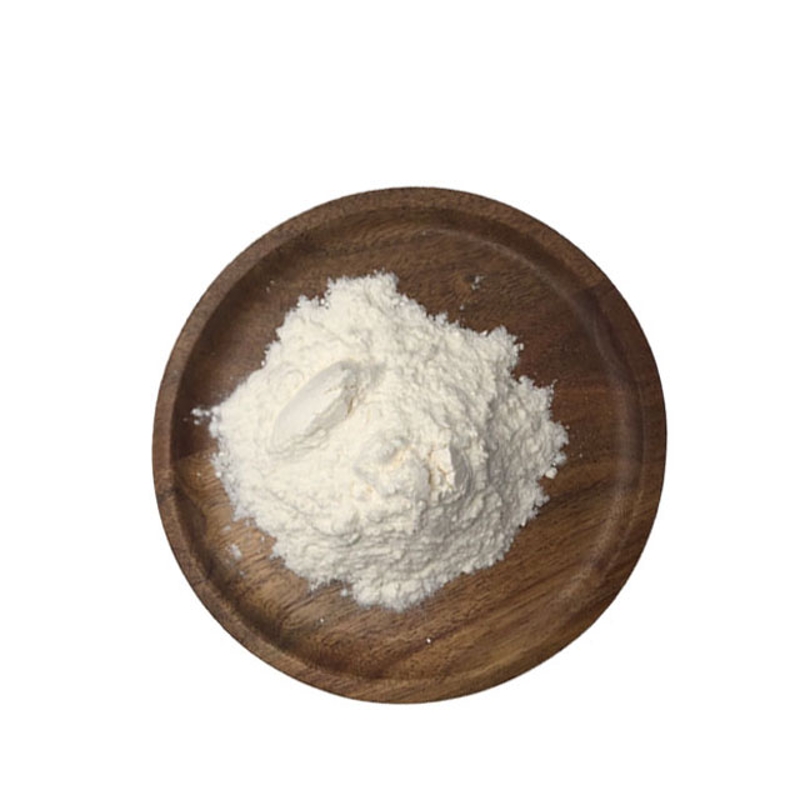-
Categories
-
Pharmaceutical Intermediates
-
Active Pharmaceutical Ingredients
-
Food Additives
- Industrial Coatings
- Agrochemicals
- Dyes and Pigments
- Surfactant
- Flavors and Fragrances
- Chemical Reagents
- Catalyst and Auxiliary
- Natural Products
- Inorganic Chemistry
-
Organic Chemistry
-
Biochemical Engineering
- Analytical Chemistry
- Cosmetic Ingredient
-
Pharmaceutical Intermediates
Promotion
ECHEMI Mall
Wholesale
Weekly Price
Exhibition
News
-
Trade Service
Introduction: Standard treatments for new evangelical late-stage urethroid skin cancer in patients with advanced urethra cancer include immunotherapy for platinum chemotherapy and PD-1 or PD-L1 inhibitors, which can be used as first- and second-line treatments and maintenance therapies.
, however, these treatments still do not contain the invasiveness of the disease or cure the patient.
the average total survival of patients remained at 10-14 months, although immunotherapy had fewer side effects and longer duration than chemotherapy.
Nectin-4 is a highly expressed cell adhesion molecule in urethra skin cancer that may contribute to the growth and proliferation of tumor cells.
Enfortumab vedotin (Astellas) is an antibody-drug consonant against nectin-4, consisting of a complete human monoclonal antibody of nectin-4 and a methylathionine E, an ingredient that destroys microtranspheric formation.
target delivery of methyl auretatin E can lead to cell cycle blocking and apoptosis.
EV-301 is a global open-label Phase 3 trial that assessed the effectiveness of enfortumab vedotin and chemotherapy in patients with localized late-stage or metastatic urethra cancer who had been treated with platinum drugs and PD-1 or PD-L1 inhibitors.
single group of clinical studies showed that enfortumab vedotin produced an objective response in more than 40% of treated patients with advanced urethra skin cancer.
the trial aims to confirm the clinical benefits of enfortumab vedotin over standard chemotherapy programs by assessing the overall survival rate of patients with advanced urethroid cancer who have been treated.
researchers conducted a globally open Phase 3 clinical trial using enfortumab vedotin to treat patients with localized advanced or metastatic urethroid skin cancer who had previously received platinum-containing chemotherapy and used PD-1 or PD-L1 inhibitors.
patients were randomly assigned to receive enfortumab vedotin on a 1:1 scale (at a 28-day cycle, at a dose of 1.25 mg per kilogram of body weight on the 1st, 8th and 15th days, respectively) or chemotherapy selected by the researchers (standard docetatin, yew alcohol or changchun fluorine, with 21 days as a cycle, given on the first day).
end point is the overall survival rate.
608 patients were randomly grouped.
301 were assigned to the enfortumab vedotin group and 307 to the chemotherapy group.
July 15, 2020, there were 301 deaths (134 in the enfortumab vedotin group and 167 in the chemotherapy group).
in the pre-specified interim analysis, the medium follow-up time was 11.1 months.
the total survival of the Enfortumab vedotin group was longer than that of the chemotherapy group (median total survival was 12.88 and 8.97 months, respectively; the risk of death was 0.70; the 95 per cent confidence interval was 0.56 to 0.89; P was 0.001).
progression-free survival in the Enfortumab vedotin group was also longer than in the chemotherapy group (median progression-free survival was 5.55 to 3.71 months; the risk ratio of progression or death was 0.62; 95% CI was 0.51 to 0.75; P slt;0.001).
the rates of adverse treatment-related events were similar in both groups (93.9 percent in the enfortumab vedotin group and 91.8 percent in the chemotherapy group).
of incidents above level 3 were similar in the two groups (51.4 per cent and 49.8 per cent, respectively).
results showed that Enfortumab vedotin was able to significantly extend the survival of patients with localized advanced or metastatic urethra cancer who had previously received platinum therapy and PD-1 or PD-L1 inhibitors compared to standard chemotherapy.
original origin: Enfortumab Vedotin in Previously Treated Advanced Advanced Carcinoma Thomas Powles, M.D., Jonathan E. Rosenberg, M.D., Guru P. Sonpavde, M.D. February 12, 2021 DOI: 10.1056/NEJMoa2035807MedSci Original Source: MedS Ci Original Copyright Notice: All text, images and audio and video materials on this website that indicate "Source: Met Medical" or "Source: MedSci Original" are owned by Mace Medical and may not be reproduced by any media, website or individual without authorization, and shall be reproduced with the words "Source: Mets Medicine".
all reprinted articles on this website are for the purpose of transmitting more information and clearly indicate the source and author, and media or individuals who do not wish to be reproduced may contact us and we will delete them immediately.
at the same time reproduced content does not represent the position of this site.
leave a message here







